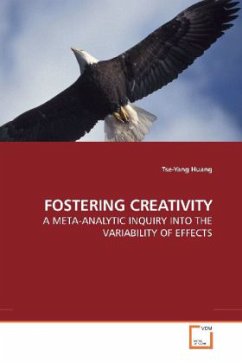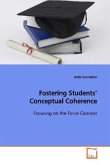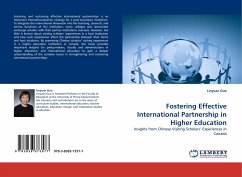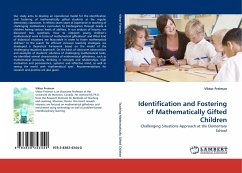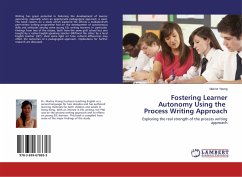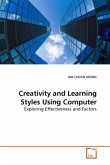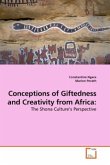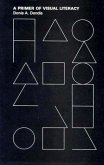The present study used the method of meta-analysis to synthesize the empirical research on the effects of intervention techniques for fostering creativity. Overall, the average effect sizes of all types of creativity training were sizable, and their effectiveness could be generalized across age levels and beyond school settings. Generally, among these training programs, Creative Problem Solving spent the least training time and gained the highest training effects on creativity scores. In addition, Other Attitudes programs, which presumed to motivate or facilitate the creativity motivation, also presented sizable effect size as other types of creativity training programs. As for the issue of creativity ability vs. skills, this analysis did not support the notion that figural components of the Torrance Tests of Creative Thinking might be measuring the relatively stable aspects of creativity. Because the figural form of the Torrance Tests of Creative Thinking did not obtain the lowest effect size, the results indicated that the view of multi-manifestation of creativity is a more plausible explanation.
Bitte wählen Sie Ihr Anliegen aus.
Rechnungen
Retourenschein anfordern
Bestellstatus
Storno

